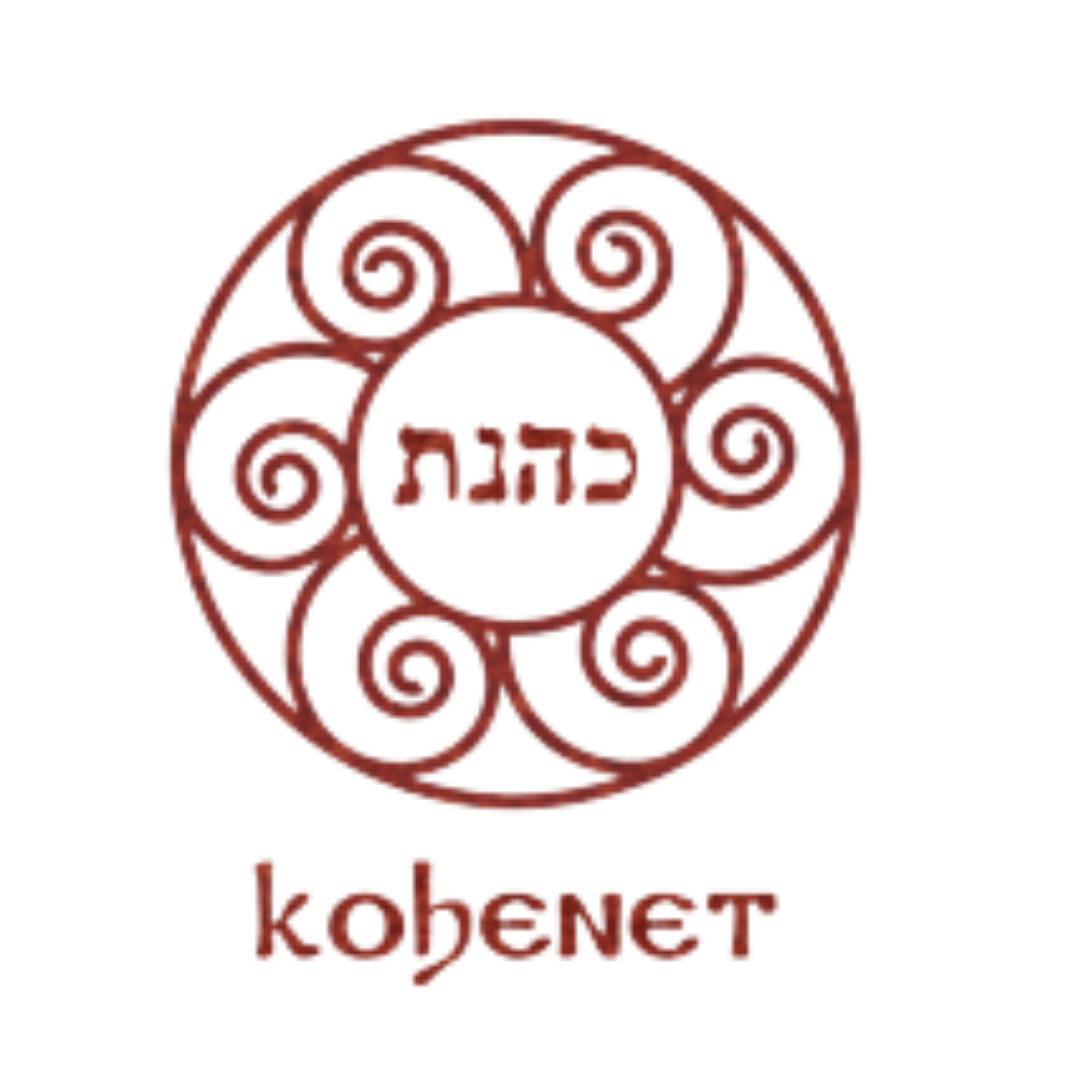While leading a prayer session recently, on the eve of the Sabbath, surrounded by a small crowd of other Jews, Kohenet Sarah Chandler picked up her prayer book and prepared to pray.
But something was different. On the cover of her prayer book there was an illustration of a female figure, her body intertwined with two snakes, her arms spreading out like branches of a tree. Leaves sprouted from her head.
And then Chandler began praying, calling to God as a woman. “Blessed are you,” Chandler said, using the feminine conjugations of Hebrew words.
Chandler uses the title kohenet, or priestess, and she is a graduate of an institute that prepares women to become Jewish leaders. It is a modern reimagining of ancient spiritual roles for Jewish women, inspired by the stories of biblical matriarchs and ancient rites that proponents say were long forgotten, or suppressed, by rabbinic Judaism.
“This is about connecting to the divine feminine,” said Chandler, an alumna of the Kohenet Hebrew Priestess Institute, a 10-year-old organization that seeks to reimagine religious ritual and female roles in Jewish life. “We are investigating feminine styles of Jewish leadership.”


